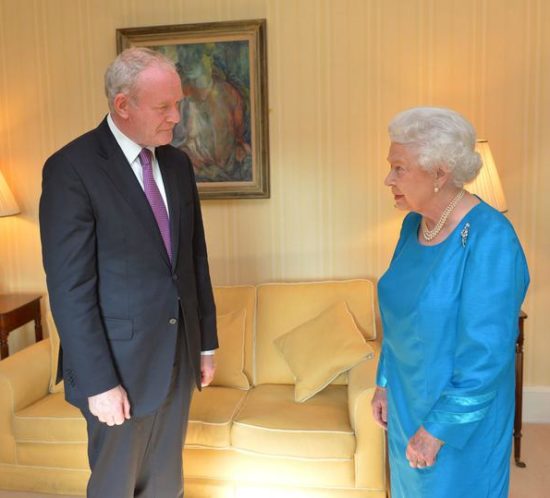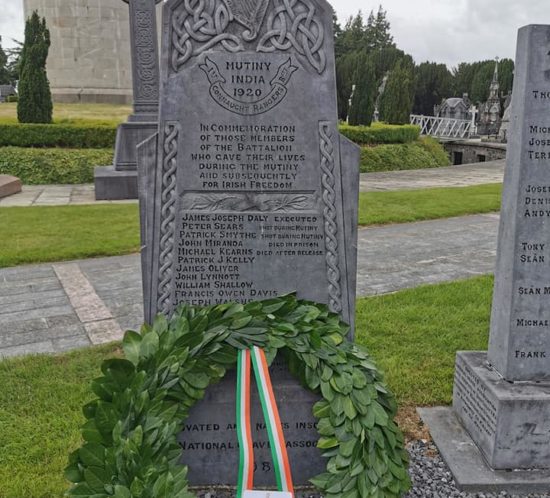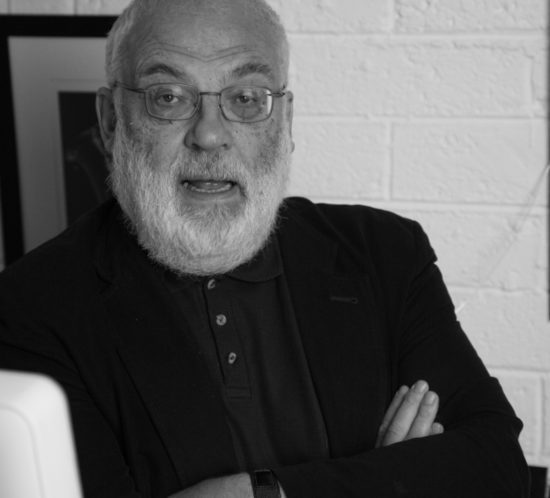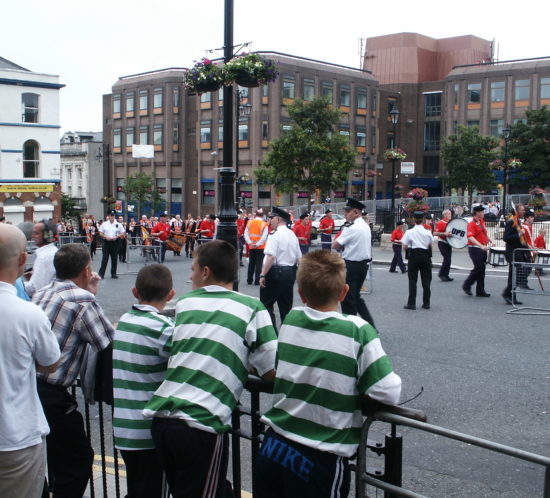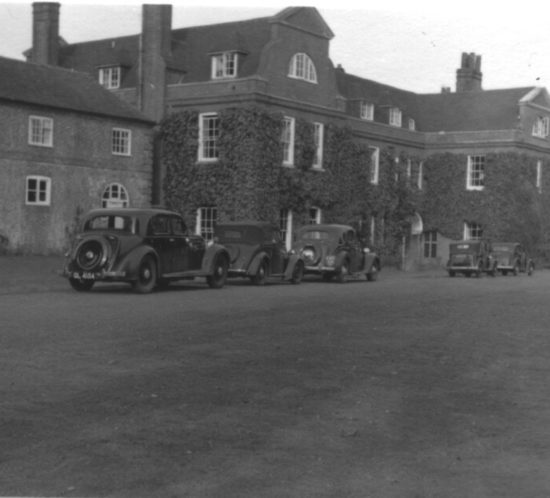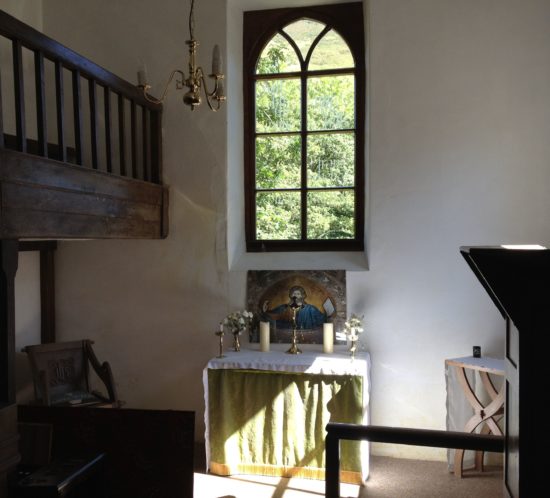Fourth Post: Me and Queen Elizabeth
Some memories following the death of Queen Elizabeth II
The death of the Queen, we knew it was always bound to happen, like our own impending death, but it never seemed likely to happen until quite recently.
It does feel like something significant has happened, not least because most of us cannot remember anyone else as the Head of State of the United Kingdom.
Though I was born during the reign of King George VI in 1947, I have no memory of him, or his death in February 1952 when I was 4 years old. I have no memory either of the death of Stalin at the beginning of 1953, partly I suspect because in those days our entry into the wider world outside our home was the wireless not television. The Queen’s coronation was to change all that.
For it is the Queen’s coronation in the summer of 1953 which is my first Royal memory; and it is still quite sharp and vivid.
Like half of Britain we bought a television. I remember one evening going down into Appleton Village close to the heart of old Widnes town with my Dad, for him to buy our very first TV. It was black and white, of course, and there was only the one channel, the BBC, but we were able to watch the coronation from beginning to end on the Tuesday, 2nd June, 1953. We had the day off school, naturally.
Sometime earlier I had been taken by my Dad to a shop in the centre of Liverpool. He was about to order a large flag. He chose the red ensign, the flag of the Merchant Navy. Like so many other families at that time whose houses had a garden, we had a tall flagpole at the end of the garden and during the coronation period, the flag was proudly flown.
Of particular interest to us as a family was the man who actually placed the crown on Elizabeth II’s head. He was Archbishop Geoffrey Fisher of Canterbury. Before the war he had been the Bishop of Chester and had laid hands on my Mum’s head confirming her as a member of the Church of England.
Looking back over the years the purchase of the flag still surprises me. Our family were not decidedly republican but neither were we fierce monarchists. My Mum never expressed a view on the matter as far as I can recall and my Dad veered towards republicanism but it was not a priority for him. At Christmas we listened to the Queen’s Christmas broadcast but did not do so reverentially but more as a small part of what in many English homes had become part of the ritual of Christmas.
So why the flag? Partly, I suspect, because we had a flag pole and it seemed a good opportunity to fly a flag from it. The more significant fact is that it was the Merchant Navy flag which was chosen. We would have had no military flag as Dad had been a conscientious objector during the war. My Dad also liked being different, so that would rule out the Union Jack or the flag of England. Bill Leathwood[1], his best man at their wedding, had served in the Merchant Navy and I suspect that was the main reason.

A photo of the Queen taken by my father, George E Percival, on the Queen’s visit to Widnes in May 1968. The building behind is part of Farnworth Methodist Church where I worshipped as a boy.
I never met the Queen though I remember in 1967 my brother Michael and I went down from Oxford one day to watch the racing at Royal Ascot and naturally we saw the Royal Procession as members of the Royal Family are driven down the racecourse from Windsor in an open coach pulled by a pair of horses.
My Uncle Eddie, married to my Mum’s sister Vera, was caretaker at the Racecourse and lived in a flat in the Racecourse itself. We stayed there quite often when we travelled down to Ascot which is where many of my Mum’s relatives lived.
There was this enormous clock next to the flat in which Eddie and Vera lived which struck every 15 minutes making sleep almost impossible. It was turned off when the Duke of Norfolk[2] was in residence next door, but he refused permission for it to be turned off when he was away. Of such small things my nascent republicanism was born!
Uncle Eddie one year took us to see inside the Royal Box and where I had occasion to use the Royal toilet. Suddenly we were ordered to duck down and hide ourselves from view: someone connected with the racecourse was riding past on a horse and it was strictly forbidden for mere mortals to be inside the Royal Box except by invitation of the Queen herself.
Both Eddie and Vera liked the Queen as they would meet her occasionally when she came down to Ascot. They found her courteous and friendly. This contrasted sharply with Princess Margaret who was arrogant, snobbish and demanding and who would have little to do with “staff” or sympathy for them or their families.
Though I am a Republican, I understand the deep affection which many feel towards the Queen. She came over very much as a kindly Mother and a Grandmother and seemed at ease with herself and with others. I do not myself share that love or affection. It’s not a matter of disliking the Queen, more to do with the fact that I did not know her personally and I am very aware that the only view of her I have been offered is one mediated through a fawning and gushing media and the political class which rules the UK.
I have enjoyed listening to the tributes to her from our political leaders over the past few days. So much of it silly and over the top. She did not change Britain, she was not the rock around which the country revolved, she was not one of us nor did she try to be. She was a constitutional monarch who did what her government told her to do, including the illegal promulgation of Parliament in 2019 at the behest of her then Prime Minister.
Most of what she did was to go places, open schools and bridges, shake hands, smile, receive bouquets of flowers and ask polite questions before moving on to the next person.
It strikes me as being an unutterably boring job, which demands a degree of physical stamina and a few social skills. In so far as this is what a constitutional Head of State does, she did it well. I have no complaints. But it is also what the President of Ireland does at the end of a long and interesting career and with a definite time limit before the routine is passed on to someone else.
Now that she has gone, it will take time to adjust to the changes her death will bring. King Charles III does not yet come off the tongue naturally. Then there will be new coinage and bank notes introduced over time. QCs will become KCs in our law courts and a debate about monarchy will undoubtedly begin shortly once the Queen’s funeral is over.
Maybe I will come back, after the funeral, to spell out my views on a Republic. Until then I will enjoy the flummery of monarchy and feel a degree of sympathy for those who have lost a loved one.
My own prediction is that, unlike his mother, Charles will eventually choose to abdicate and enjoy the evening of his life amongst his flowers and vegetables. He will be 80 in seven years time, a good time to go and to allow William to succeed. By this time the burgeoning Republican movement will have grown to a point where it cannot be ignored. It’ll be fun to see what happens.
[1] Bill Leathwood (1918-2011) had been my Dad’s Best man at his wedding in 1941. He worked for many years at Owen Owen in Liverpool and was later elected to the Cheshire County Council of which he was Chairman for awhile. A member of the Liberal party.
[2] He had overall responsibility for the racecourse.
